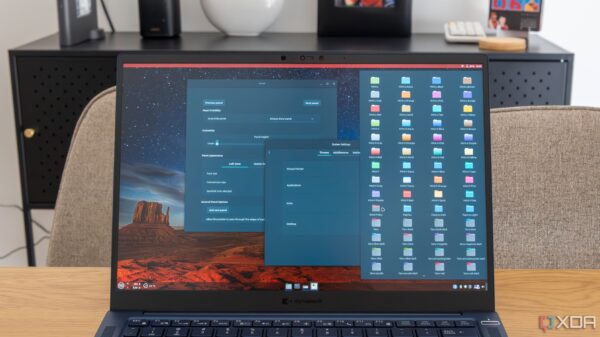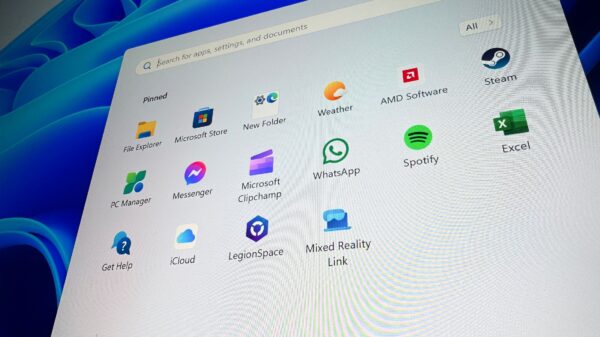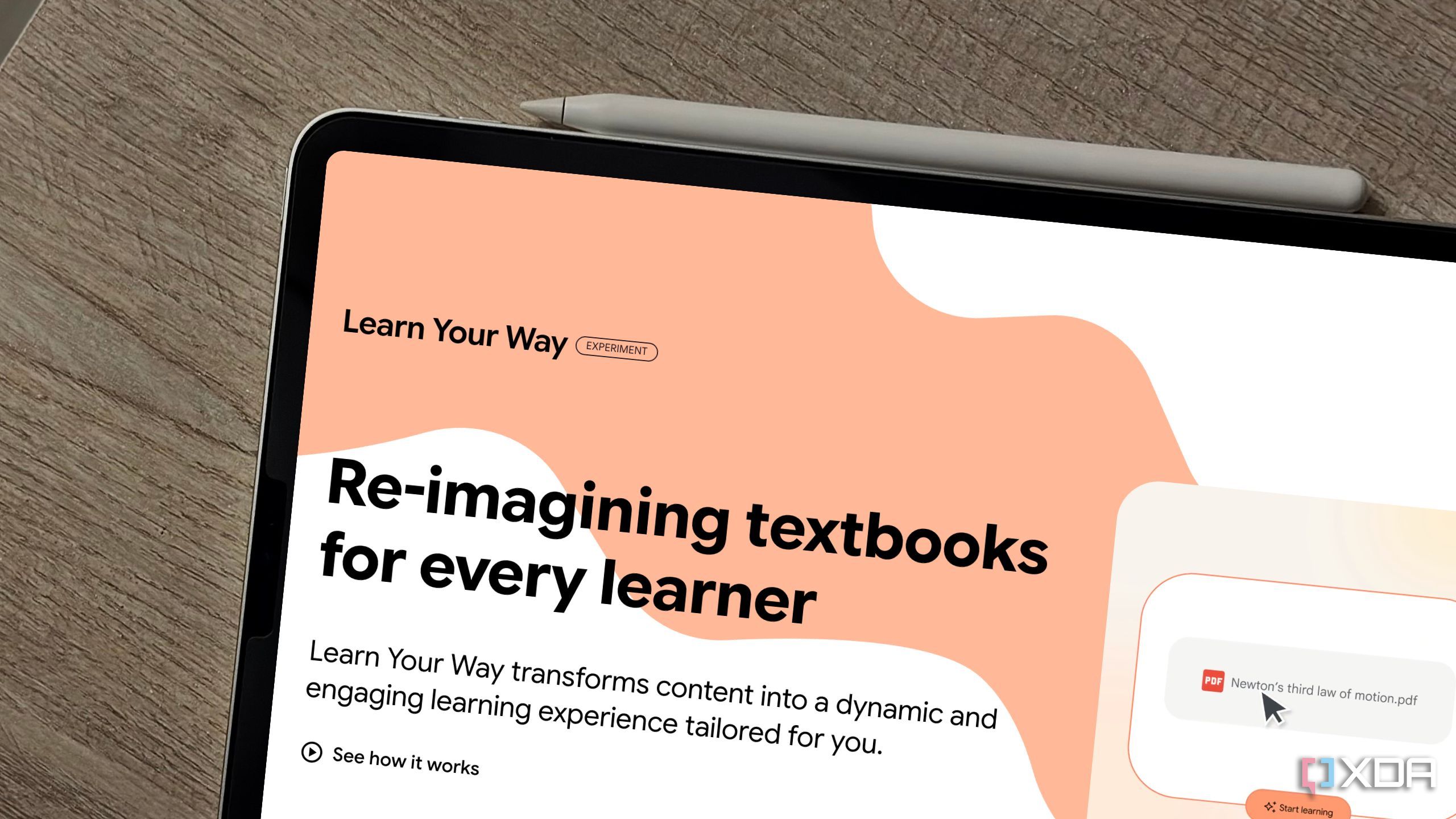UPDATE: Google has just announced a groundbreaking new educational tool, the “Learn Your Way” experiment, which launched on September 16, 2023. This innovative project aims to revolutionize online learning by personalizing content for students in real-time, making it a potential game-changer for learners everywhere.
The urgency behind this announcement lies in its direct competition with existing tools like NotebookLM, which have garnered attention for their unique capabilities. Learn Your Way leverages Google’s advanced AI models to create a tailored learning experience that evolves with students’ needs.
The experiment combines two critical elements: personalization and active engagement, which were identified by research as essential for effective learning. Students can select topics from various subjects, including Astronomy, Biology, and Chemistry, but the standout feature is its alignment with the popular NotebookLM approach.
Currently, users must join a waitlist to access the complete version of Learn Your Way, limiting immediate participation to supplied content from OpenStax, a provider of free educational materials. This means students can only access predetermined topics without uploading their own materials, creating an initial barrier to personalized learning.
Upon entering the learning interface, students encounter four primary features: Immersive Text, Slides & Narration, Audio Lesson, and Mind Map. Each feature is designed to transform traditional study methods into engaging, interactive experiences. For example, the Immersive Text breaks down complex concepts into manageable sections. It includes questions that prompt active engagement, ensuring students retain critical information.
The Slides & Narration feature simulates a classroom environment, offering a comprehensive overview of content through interactive presentations. This method stands out by encouraging students to think critically about the material, similar to a real-life classroom discussion.
Additionally, the Audio Lesson fosters engagement through an AI-powered dialogue, simulating a discussion between a teacher and student. This approach not only addresses common misconceptions but also incorporates visual aids, enhancing the learning experience.
While the Mind Map feature allows for hierarchical organization of complex topics, users currently cannot generate instant summaries, limiting its functionality. The tool emphasizes structured learning rather than interactive query sessions, appealing primarily to self-guided learners.
Despite its current limitations, Google’s Learn Your Way experiment is already generating excitement among educators and students alike. The potential for this tool to evolve and incorporate more interactive features over time is a promising prospect for the future of online education.
As Google continues to refine this tool, it is clear that the integration of advanced AI into learning processes could redefine how students interact with educational materials. For those eager to explore these new capabilities, joining the waitlist is essential to unlock a more personalized educational experience.
Stay tuned for further updates as Google develops this promising educational tool!





































































